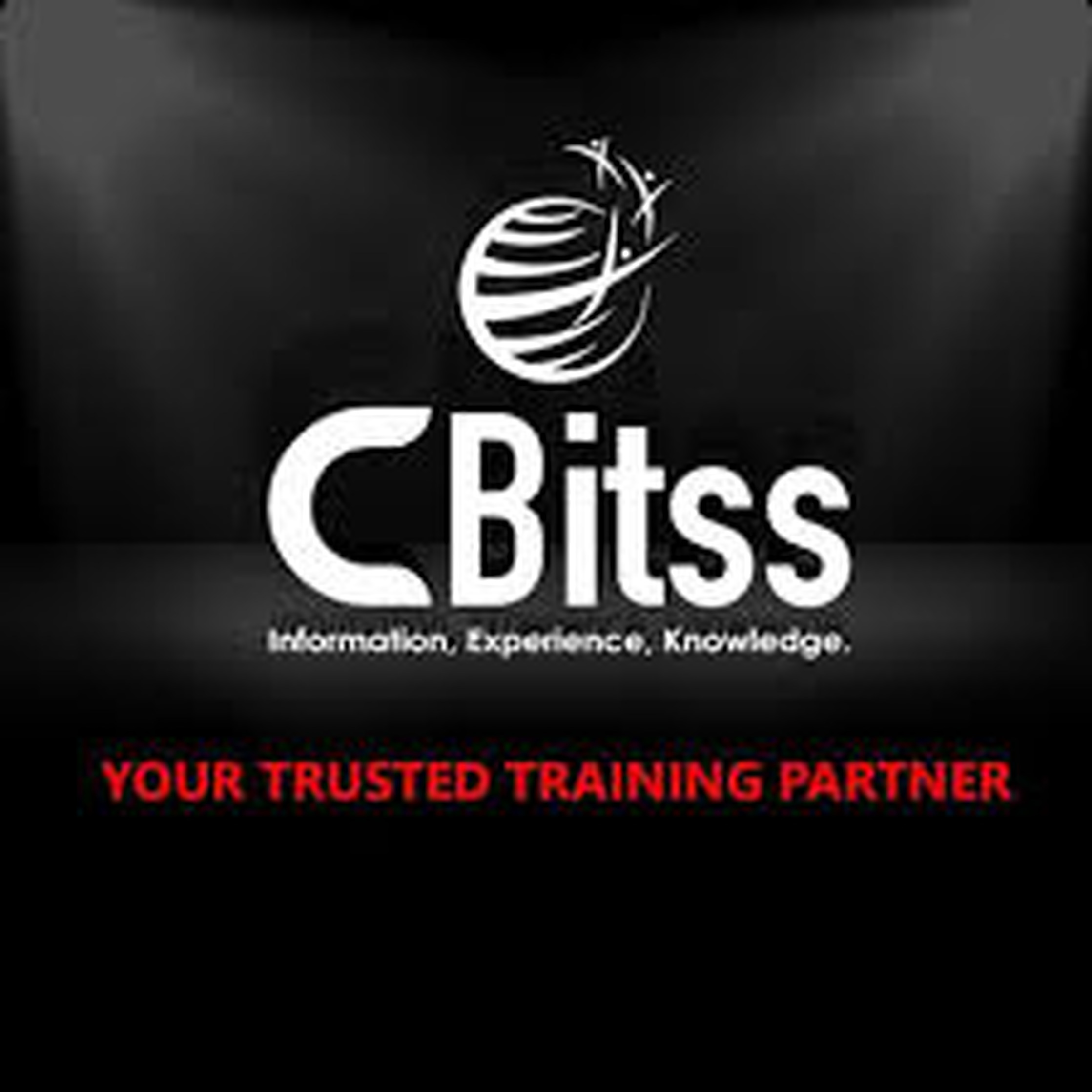
AWS Certification Roadmap: Which Path is Right for You?
Table of Contents:
- Introduction
- Why AWS Certification?
- Importance of AWS Certification
- Benefits of AWS Certification
- Overview of AWS Certification Paths
- Foundational Level
- Associate Level
- Professional Level
- Specialty Certifications
- Detailed Breakdown of Each Certification
- AWS Certified Cloud Practitioner
- AWS Certified Solutions Architect – Associate
- AWS Certified Developer – Associate
- AWS Certified SysOps Administrator – Associate
- AWS Certified Solutions Architect – Professional
- AWS Certified DevOps Engineer – Professional
- Specialty Certifications
- How to Choose the Right Certification Path
- Assessing Your Current Skills and Experience
- Aligning Certification with Career Goals
- Industry Demand and Job Opportunities
- Preparing for AWS Certification Exams
- Study Materials and Resources
- Practice Exams and Hands-On Experience
- Training Courses and Workshops
- Tips for Successfully Passing AWS Certification Exams
- Study Tips
- Exam Day Tips
- Maintaining and Advancing Your AWS Certifications
- Recertification Requirements
- Continuing Education and Advanced Certifications
- Conclusion
Introduction
In today’s tech-driven world, AWS (Amazon Web Services) certifications are highly sought after by IT professionals and employers alike. Whether you’re looking to enhance your career or validate your skills, choosing the right AWS certification path is crucial. This guide will help you understand the various AWS training and certification paths, their benefits, and how to choose the one that best aligns with your career goals.
Why AWS Certification?
Importance of AWS Certification
AWS is the leading cloud services provider, and its certifications are recognized globally. An AWS certification demonstrates your expertise in cloud computing and validates your ability to design, deploy, and manage applications on AWS.
Benefits of AWS Certification
- Career Advancement: AWS certifications can open up new job opportunities and lead to higher salaries.
- Industry Recognition: Being AWS certified showcases your skills and dedication to staying current with the latest cloud technologies.
- Enhanced Knowledge: Preparing for AWS certification exams deepens your understanding of AWS services and best practices.
Overview of AWS Certification Paths
AWS offers a structured certification roadmap with four main levels: Foundational, Associate, Professional, and Specialty. Each level is designed to cater to different expertise and career stages.
Foundational Level
AWS Certified Cloud Practitioner
This entry-level certification is ideal for individuals with no prior AWS experience. It provides a fundamental understanding of AWS cloud concepts, services, and security.
Associate Level
- AWS Certified Solutions Architect – Associate
- AWS Certified Developer – Associate
- AWS Certified SysOps Administrator – Associate
These certifications are designed for individuals with hands-on experience in AWS. They cover core AWS services and skills needed to design, develop, and manage AWS applications.
Professional Level
- AWS Certified Solutions Architect – Professional
- AWS Certified DevOps Engineer – Professional
These advanced certifications are aimed at professionals with significant AWS experience. They focus on complex, large-scale cloud solutions and advanced deployment strategies.
Specialty Certifications
Specialty certifications are tailored for specific technical areas, such as security, machine learning, and big data. They require deep expertise in the chosen specialty.
Detailed Breakdown of Each Certification
AWS Certified Cloud Practitioner
This certification covers:
- Basic cloud concepts
- AWS core services
- Pricing and support models
- Security and compliance
AWS Certified Solutions Architect – Associate
This certification focuses on:
- Designing resilient, high-performing architectures
- Cost-optimization strategies
- Implementation and deployment guidance
AWS Certified Developer – Associate
This certification emphasizes:
- Developing and maintaining AWS applications
- AWS SDK and best practices
- Code-level security
AWS Certified SysOps Administrator – Associate
This certification targets:
- Managing and operating AWS systems
- Monitoring and automation
- Operational best practices
AWS Certified Solutions Architect – Professional
This certification includes:
- Advanced architecture design
- Migration of complex applications
- Cost-control strategies
AWS Certified DevOps Engineer – Professional
This certification focuses on:
- Continuous delivery and automation
- Monitoring and logging practices
- Security controls and governance
Specialty Certifications
AWS offers specialty certifications in areas such as:
- Advanced Networking: For network specialists working with complex AWS networking.
- Big Data: For experts managing and analyzing large data sets.
- Security: For professionals focusing on secure AWS applications.
How to Choose the Right Certification Path
Assessing Your Current Skills and Experience
Evaluate your existing knowledge and experience with AWS. If you’re new to AWS, start with the Cloud Practitioner certification. If you have hands-on experience, consider an Associate-level certification.
Aligning Certification with Career Goals
Identify your career aspirations. If you’re aiming for a solutions architect role, the Solutions Architect certifications (Associate and Professional) are ideal. For a focus on development, the Developer certifications are more suitable.
Industry Demand and Job Opportunities
Research industry trends and job market demands. Certifications in high demand, such as Solutions Architect and DevOps Engineer, can significantly enhance your employability.
Preparing for AWS Certification Exams
Study Materials and Resources
AWS provides a wealth of resources, including whitepapers, documentation, and exam guides. Utilize these resources to build a strong foundation.
Practice Exams and Hands-On Experience
Practice exams help familiarize you with the exam format and identify areas for improvement. Hands-on experience with AWS services is crucial for understanding practical applications.
Training Courses and Workshops
AWS and third-party providers offer training courses and workshops. These structured learning paths can guide your preparation and provide practical insights.
Tips for Successfully Passing AWS Certification Exams
Study Tips
- Set a Study Schedule: Consistent study routines enhance retention.
- Use Multiple Resources: Combine reading materials, videos, and hands-on labs.
- Join Study Groups: Collaborate with peers to share knowledge and insights.
Exam Day Tips
- Read Questions Carefully: Ensure you understand each question before answering.
- Manage Your Time: Allocate time wisely and avoid spending too long on difficult questions.
- Stay Calm and Focused: Keep a positive mindset and remain focused throughout the exam.
Maintaining and Advancing Your AWS Certifications
Recertification Requirements
AWS certifications are valid for three years. To maintain your certification, you must recertify by passing the current version of the exam or a professional-level exam.
Continuing Education and Advanced Certifications
Continuing education is crucial in the fast-evolving field of cloud computing. Pursue advanced certifications and stay updated with AWS advancements to keep your skills relevant.
Conclusion
AWS certifications provide a structured path to enhance your cloud computing skills and advance your career. By understanding the different certification paths, assessing your skills, and preparing effectively, you can choose the right AWS certification that aligns with your career goals. Embrace continuous learning and stay updated with AWS innovations to maximize the benefits of your certification journey.






